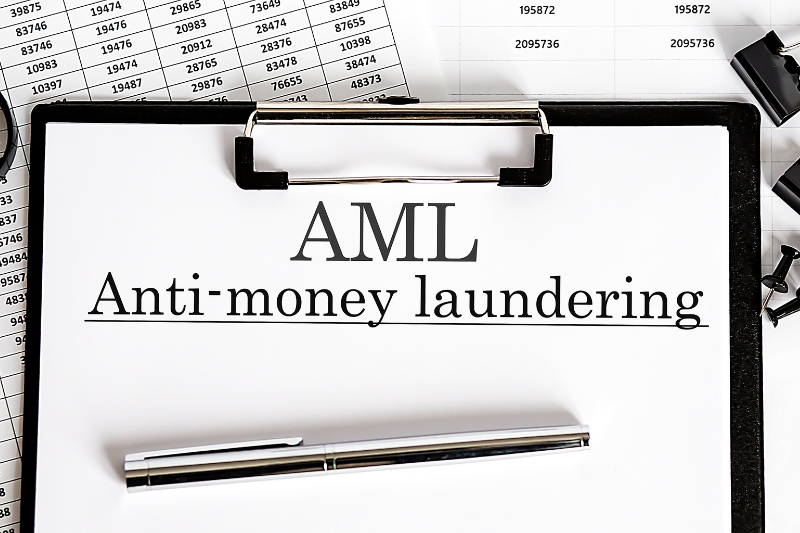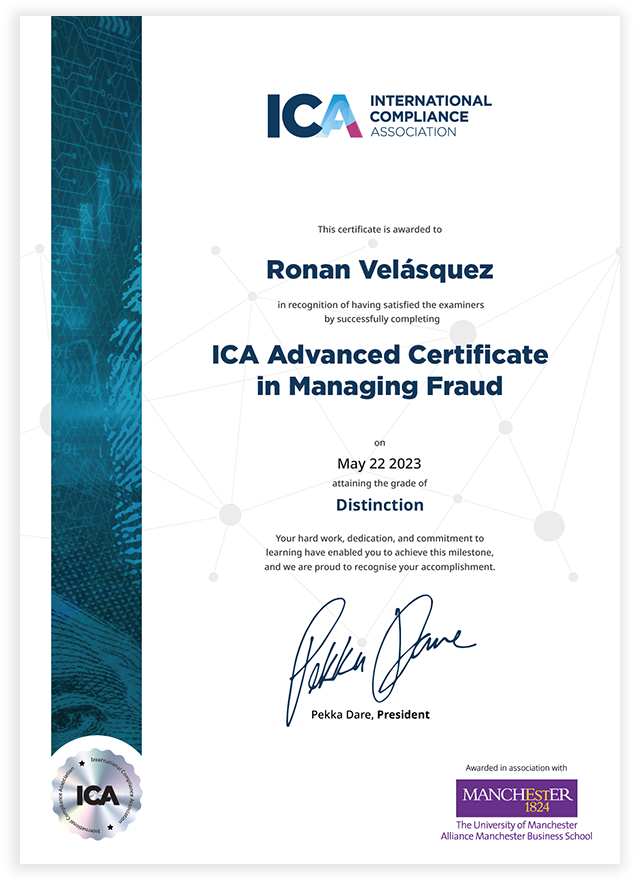Ica Certificate In Anti Money Laundering

In an increasingly interconnected and regulated financial landscape, professionals are seeking robust certifications to demonstrate their expertise in combating financial crime. The ICA Certificate in Anti-Money Laundering (AML) has emerged as a globally recognized credential, equipping individuals with the knowledge and skills necessary to navigate the complexities of AML compliance.
This article examines the ICA Certificate in AML, its significance, core components, and its potential impact on individuals and organizations seeking to strengthen their AML defenses. The certification provides a comprehensive understanding of the legal and regulatory frameworks, risk management strategies, and practical techniques for preventing and detecting money laundering activities.
What is the ICA Certificate in Anti-Money Laundering?
The ICA Certificate in AML is an internationally recognized qualification awarded by the International Compliance Association (ICA), a leading professional body for the global regulatory and financial crime compliance community. It is designed for individuals working in or aspiring to work in AML roles across various sectors, including banking, finance, insurance, and legal.
The certification covers a wide range of topics, providing a holistic view of the AML landscape. Participants learn about international AML standards, such as those set by the Financial Action Task Force (FATF), and regional and national regulations.
Key Areas Covered
The curriculum typically encompasses several key modules. These include understanding money laundering typologies, customer due diligence (CDD) and know your customer (KYC) procedures, and sanctions compliance.
Further areas of focus are transaction monitoring and reporting, risk management frameworks, and the legal and regulatory environments specific to different jurisdictions. The course also covers the roles and responsibilities of various stakeholders in combating money laundering.
Who Should Consider the Certification?
The ICA Certificate in AML is beneficial for a broad spectrum of professionals. This includes compliance officers, risk managers, internal auditors, and legal professionals.
Individuals working in financial institutions, law enforcement agencies, and regulatory bodies can also gain valuable knowledge from this certification. It is also suitable for those new to the field, providing a solid foundation for a career in AML compliance.
Benefits of Obtaining the Certification
Earning the ICA Certificate in AML offers several advantages. It enhances career prospects by demonstrating a commitment to professional development and expertise in AML.
Holding the certification boosts credibility and recognition within the industry. It also provides access to a global network of compliance professionals through the ICA membership.
Impact on Organizations
Organizations benefit from having certified AML professionals on staff. These individuals are better equipped to develop and implement effective AML programs.
This leads to reduced regulatory risks, improved compliance with legal requirements, and enhanced reputation. Investing in AML training and certification demonstrates a commitment to ethical business practices.
How to Obtain the Certification
The ICA Certificate in AML is typically obtained through a combination of online learning and classroom-based instruction. Candidates are required to complete assigned readings, participate in discussions, and complete assessments.
Upon successful completion of the course and passing the examination, candidates are awarded the ICA Certificate in AML. The ICA also offers ongoing professional development opportunities to maintain certification and stay updated on the latest AML trends and regulations.
The Future of AML Compliance
As technology evolves and financial crime becomes more sophisticated, the demand for skilled AML professionals will continue to grow. Certifications like the ICA Certificate in AML play a vital role in equipping individuals with the necessary expertise to combat financial crime effectively.
The International Compliance Association emphasizes the importance of continuous learning and adaptation in the fight against money laundering, highlighting the need for professionals to stay informed about emerging risks and best practices. By investing in AML training and certification, individuals and organizations can contribute to a more secure and transparent financial system.


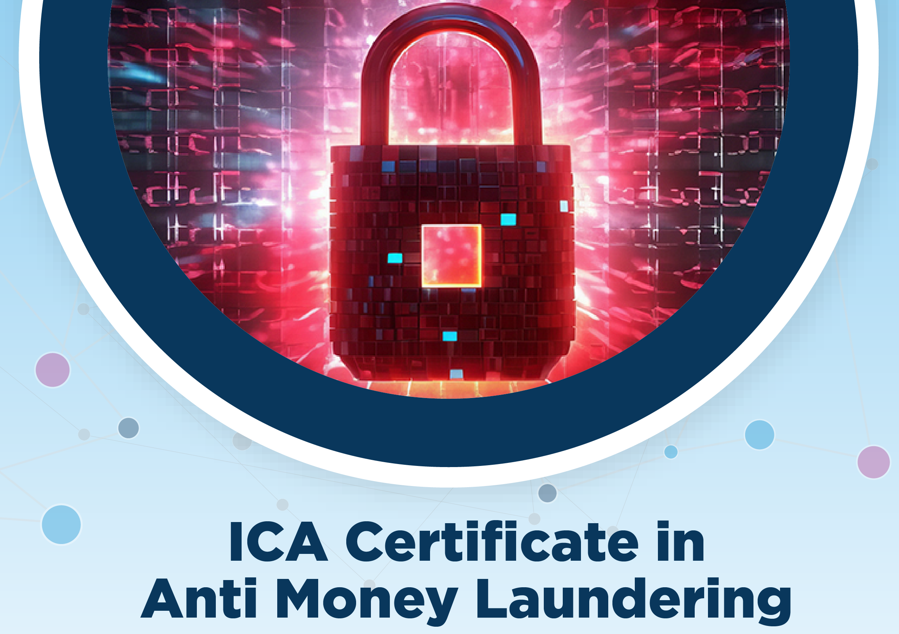
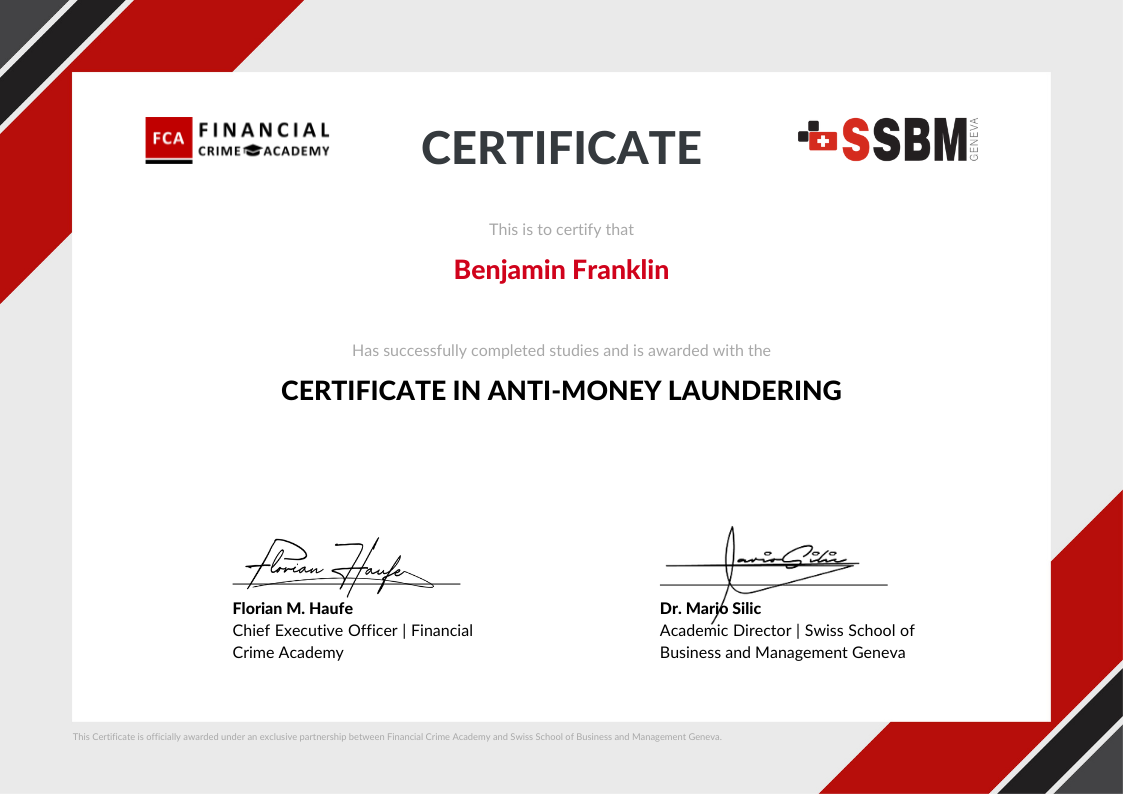

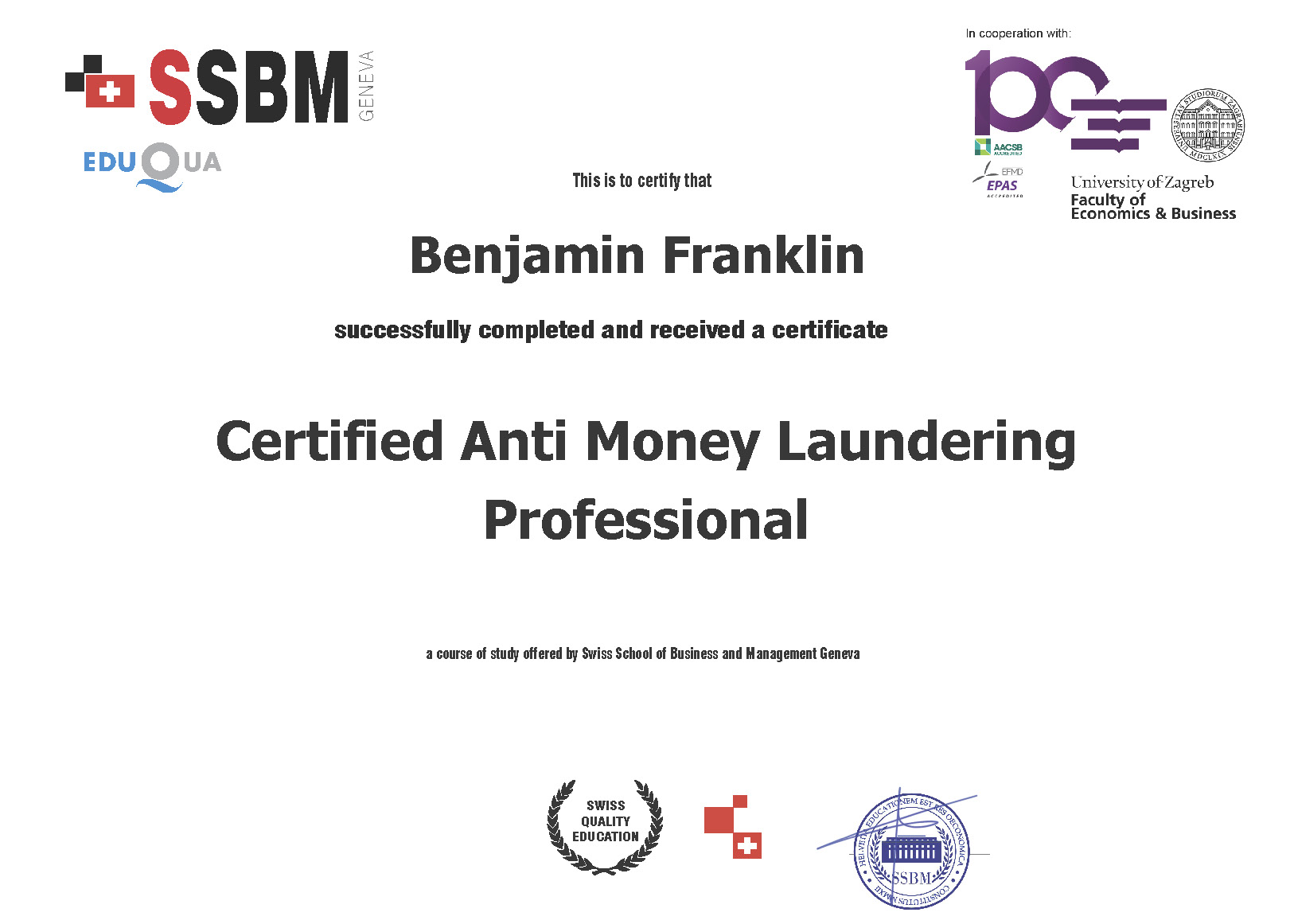



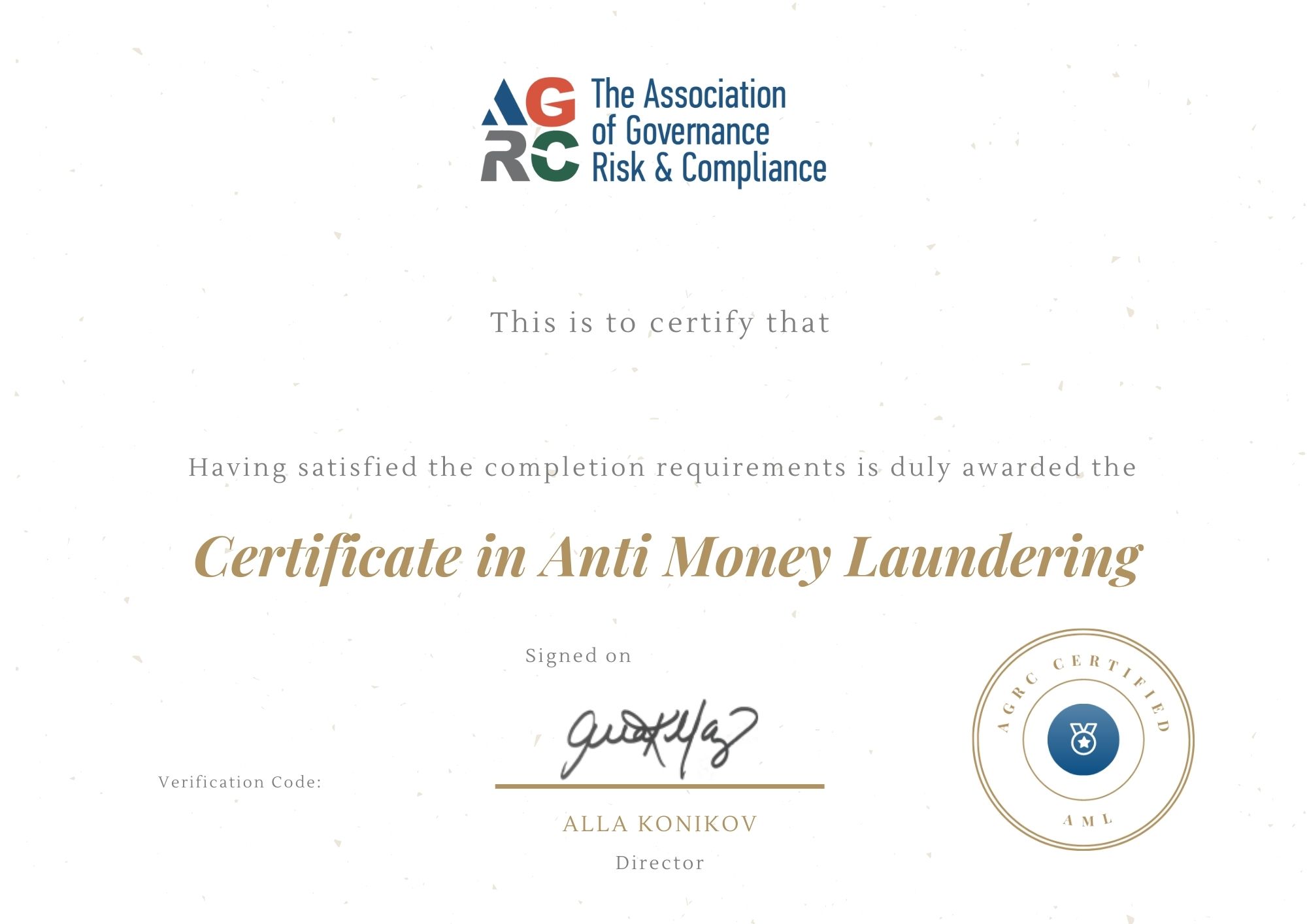



.jpg)
